Data Breaches from Discarded Electronics: Lessons from Real-World Cases
Data Breaches from Discarded Electronics: Lessons from Real-World Cases
In today’s digital world, sensitive information doesn’t just live on paper—it’s stored on hard drives, servers, smartphones, and other electronic devices. When these devices reach the end of their lifespan, many organizations assume that deleting files or performing a quick reset is enough to protect their data. Unfortunately, that assumption can be costly. Improper disposal of electronics has led to some of the most serious data breaches in recent years.
Understanding what went wrong in these real-world cases can help businesses avoid making the same mistakes and strengthen their own data destruction practices.
The Hidden Risks of Discarded Electronics
Every device you discard likely contains traces of confidential information. Even after files are deleted, the data often remains recoverable using basic software tools. Hard drives, SSDs, USBs, and even old printers and copiers can retain data long after they’ve been decommissioned.
When such equipment ends up in landfills, recycling centers, or resale markets without proper destruction, the information stored inside can easily fall into the wrong hands. This can expose a business to severe consequences, including:
- Data breaches and identity theft
- Regulatory penalties for non-compliance
- Damage to brand reputation
- Loss of customer trust
According to a 2024 Statista report, global e-waste reached over 62 million metric tons, yet less than 25% was properly documented as collected and recycled. This gap leaves a large volume of electronic waste vulnerable to data theft.
Real-World Cases That Serve as a Warning
1. Health Records Exposed by Discarded Hard Drives
A major healthcare provider in the United States faced public scrutiny when a set of old hard drives containing unencrypted patient data were found at a public recycling center. The drives contained names, addresses, and medical histories of thousands of patients. Despite efforts to recover the devices, the damage was done—the company faced heavy fines under HIPAA regulations and long-term reputation loss.
Lesson: Simply discarding electronic storage devices is never enough. All media should be securely destroyed before disposal, especially when handling regulated data like healthcare or financial information.
2. Bank Data Found on Secondhand Servers
In another incident, an investigative journalist purchased used servers from an online auction site. When examined, the servers still contained sensitive customer data from a major European bank, including account numbers and financial records. The bank later admitted the drives had not been properly wiped before being resold.
Lesson: Before selling or recycling old equipment, organizations must ensure complete destruction or verified data erasure by a certified provider. Neglecting this step can result in public exposure, regulatory action, and loss of consumer confidence.
3. Retailer’s Point-of-Sale Devices Breached
A well-known retail chain suffered a breach after decommissioned point-of-sale terminals were disposed of without secure destruction. Criminals retrieved data from the devices, gaining access to customers’ payment details. The incident not only caused financial loss but also led to an expensive investigation and stricter compliance enforcement.
Lesson: Data stored in less obvious places—such as payment terminals, printers, or routers—can also pose risks. Businesses should include all electronics in their media destruction policy, not just computers and hard drives.
Why Basic Deletion Isn’t Enough
Deleting files or formatting a drive does not permanently remove data. These actions simply mark the storage space as “available” without actually erasing the content. With advanced recovery tools, deleted files can be restored easily.
That’s why physical destruction remains the most reliable way to ensure data cannot be retrieved. Professional media shredding breaks storage devices into small, unrecoverable pieces, guaranteeing that confidential information is permanently destroyed.
Regulations and Compliance Requirements
Many industries are governed by strict data protection laws that require secure disposal of electronic media. Some key regulations include:
- HIPAA (Health Insurance Portability and Accountability Act): Requires healthcare organizations to destroy patient data securely.
- FACTA (Fair and Accurate Credit Transactions Act): Mandates businesses handling consumer information to properly dispose of it.
- GLBA (Gramm-Leach-Bliley Act): Requires financial institutions to protect customer information during disposal.
- GDPR (General Data Protection Regulation): Enforces strict penalties for mishandling or improper disposal of personal data within the EU.
Failure to comply with these regulations can lead to penalties reaching millions of dollars, along with lasting damage to a company’s reputation.
How to Prevent Data Breaches from Discarded Electronics
Preventing data exposure starts with proactive planning and secure partnerships. Here’s how businesses can protect themselves:
- Inventory All Devices: Track every piece of electronic equipment that may contain stored data, including computers, tablets, servers, and external drives.
- Establish a Media Destruction Policy: Clearly define procedures for handling, storing, and destroying electronic media.
- Use Certified Destruction Services: Work with a reputable company that follows industry standards such as NAID AAA Certification.
- Document the Process: Always request a Certificate of Destruction as proof that the data was properly destroyed.
- Train Employees: Educate staff about the risks of improper disposal and ensure compliance with security policies.
The Role of Professional Media Shredding
Partnering with a certified destruction company helps ensure that sensitive data is handled correctly from start to finish. Professional shredding services use specialized equipment that destroys hard drives, SSDs, and other media beyond recovery. This not only safeguards confidential information but also supports environmentally responsible recycling.
Data Shredder Corporation provides secure media and document destruction services designed to protect organizations from the growing risks of data breaches. Their methods comply with industry and government standards, offering peace of mind that your electronic devices are safely and permanently destroyed.
Key Takeaways
- Discarded electronics often retain recoverable data even after deletion.
- Real-world cases show how improper disposal can lead to serious breaches.
- Secure media destruction is essential to meet compliance and prevent data theft.
- Partnering with a certified shredding provider ensures both security and sustainability.
Conclusion
Every discarded device tells a story—but it doesn’t have to reveal yours. Data breaches from improperly discarded electronics serve as powerful reminders that digital security doesn’t end with deletion. It ends with complete, certified destruction.
By learning from real-world cases and adopting a responsible disposal strategy, businesses can protect their customers, their data, and their reputation.
To ensure your electronics are destroyed safely and securely, contact
Data Shredder Corporation today. Learn more about their certified
media destruction services at
https://www.datashredder.net/.

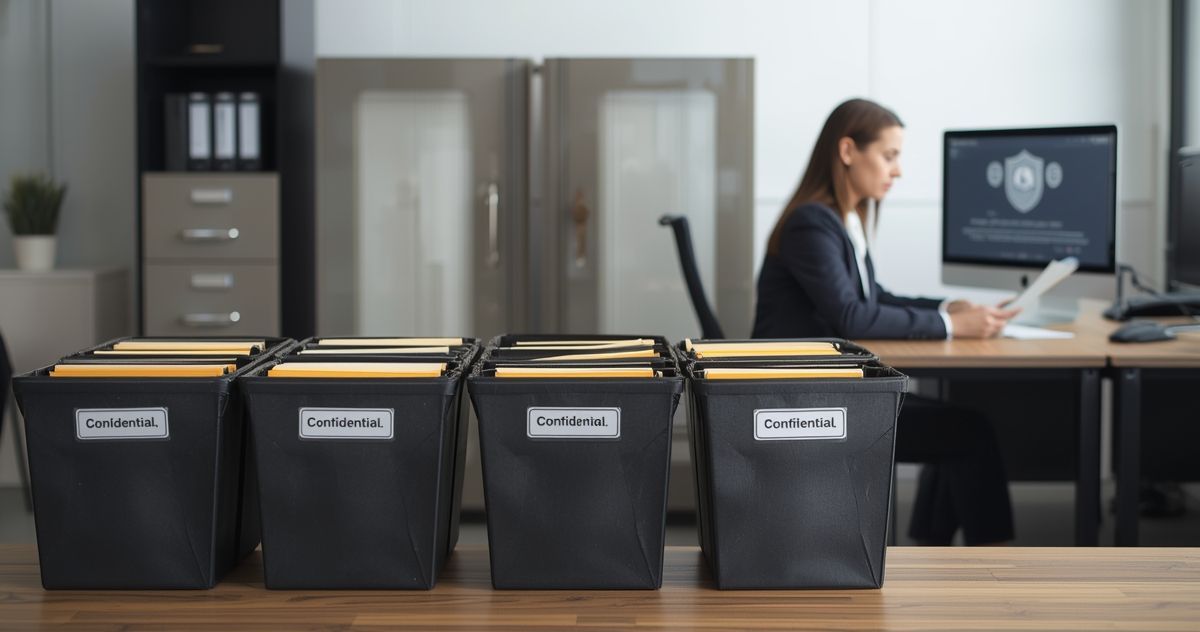
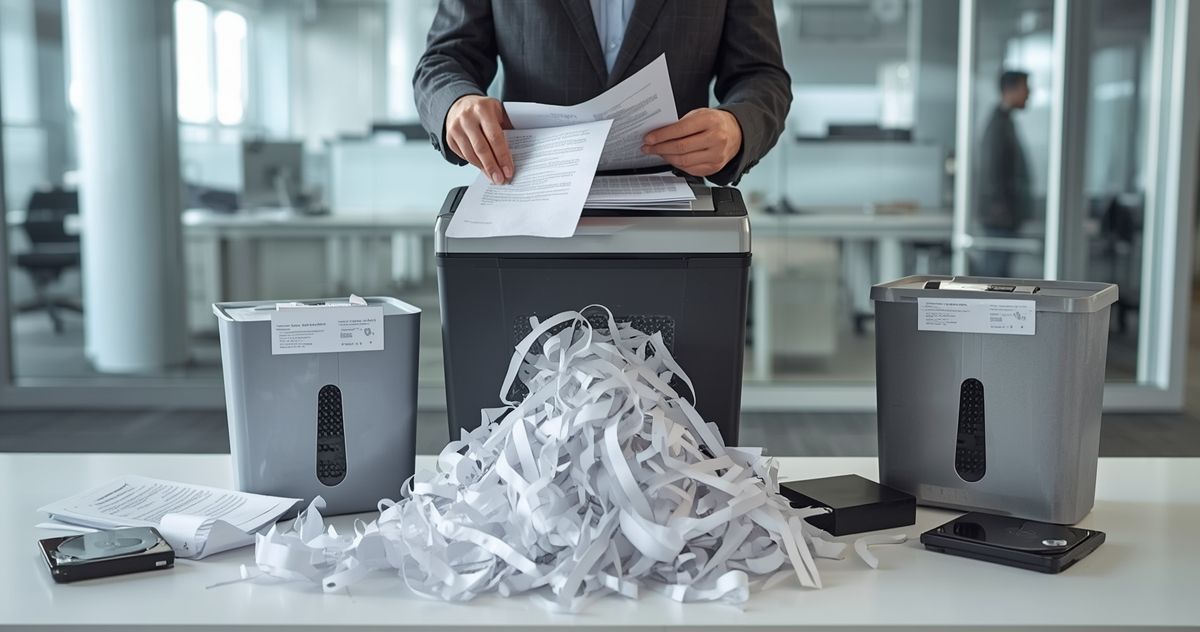




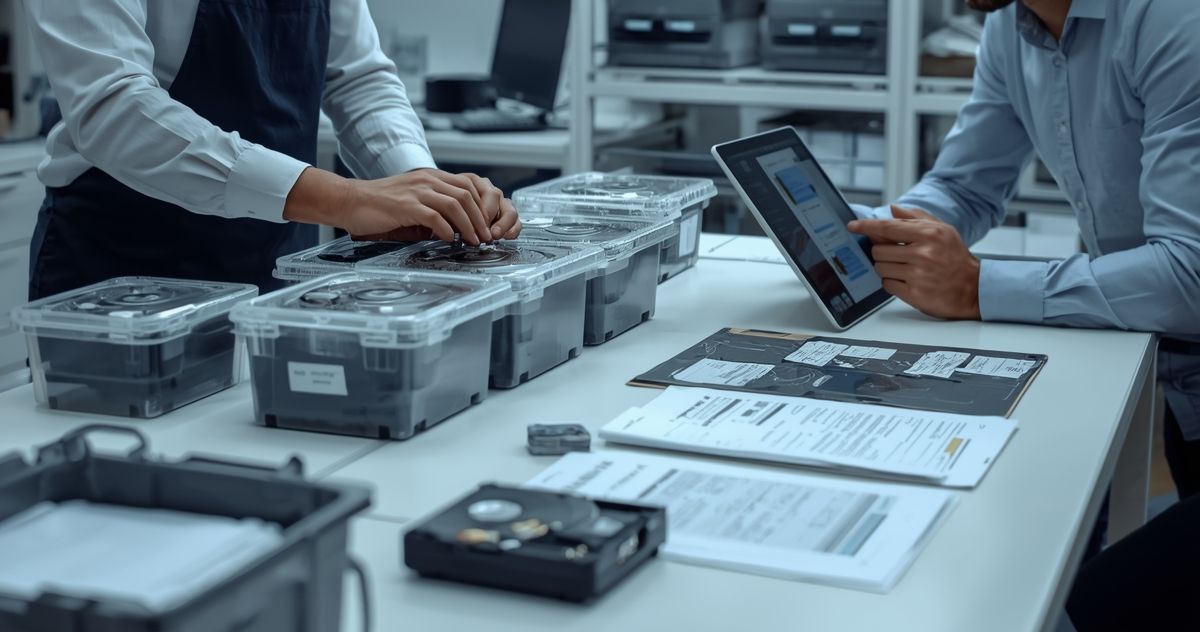

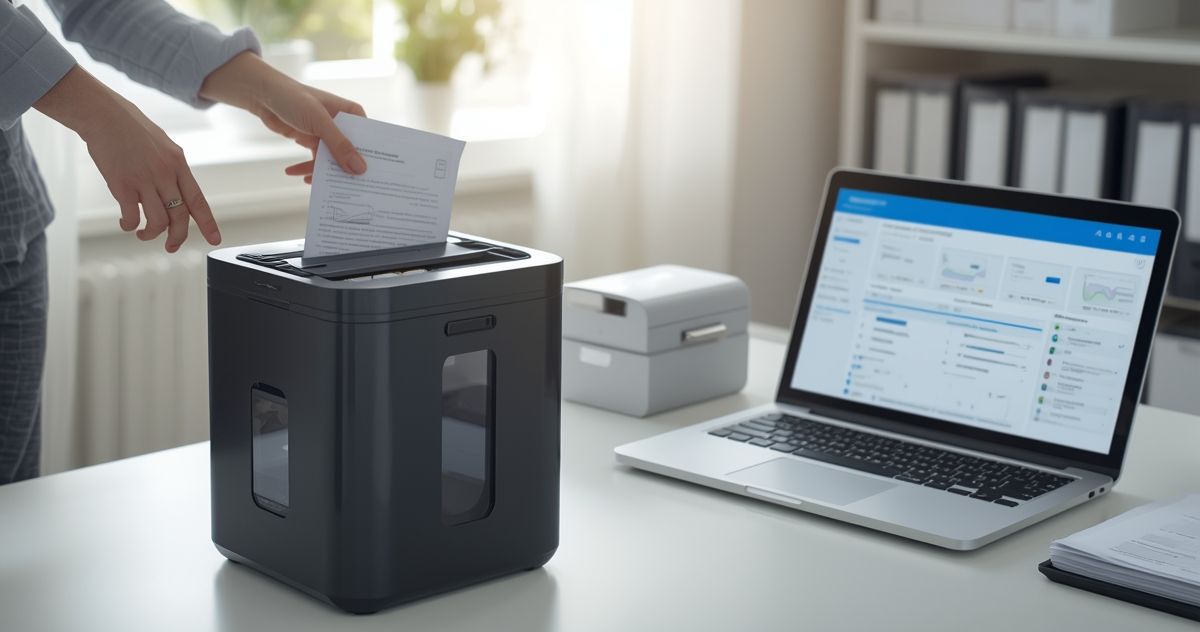
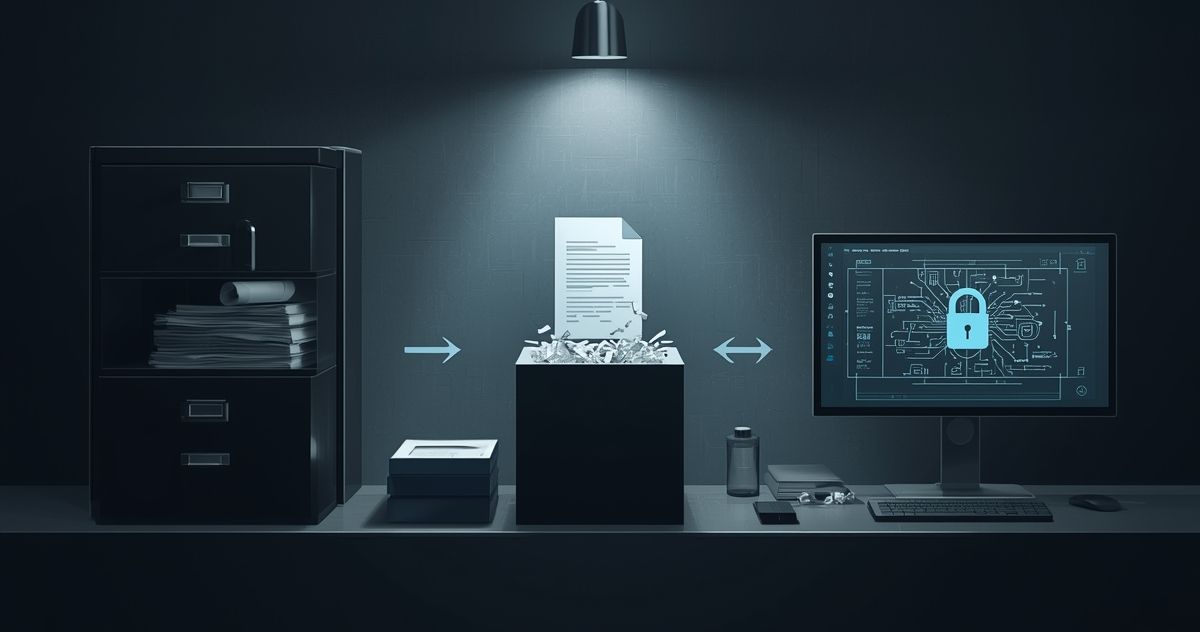
Share On: